How to Use Saffron: The Direct Answer You Need
If you're searching for how to use saffron properly, here's the immediate solution: First, never add saffron directly to dry dishes. Instead, bloom 0.1g (about 15 threads) in 2-3 tablespoons of warm liquid (60-70°C/140-158°F) for 15-30 minutes before adding to your recipe. This activates saffron's flavor compounds without evaporating its delicate aroma. Use this infused liquid in your dish during the final cooking stages for maximum impact.
Table of Contents
- Why Proper Saffron Usage Matters
- The Science Behind Saffron's Fragility
- Historical Evolution of Saffron Techniques
- Storage Secrets: Keep Your Saffron Shining
- Usage Tips: How Do You Use Saffron Like a Pro?
- Cooking with Saffron: Beyond Paella
- Context Boundaries: Critical Usage Limitations
- Saffron Hacks: Life-Saving Tricks for Every Kitchen
- Myth Busting: Saffron Edition
- Visual Guide: Saffron Comparison Table
- Summary: Mastering Saffron Made Easy
- Frequently Asked Questions
Why Proper Saffron Usage Matters
Saffron—known as the "red gold" of the spice world—is harvested from the delicate stigmas of the Crocus sativus flower. With its intense aroma, vibrant color, and exotic taste, it's no wonder saffron has been treasured for centuries across Persian, Spanish, and Indian culinary traditions.
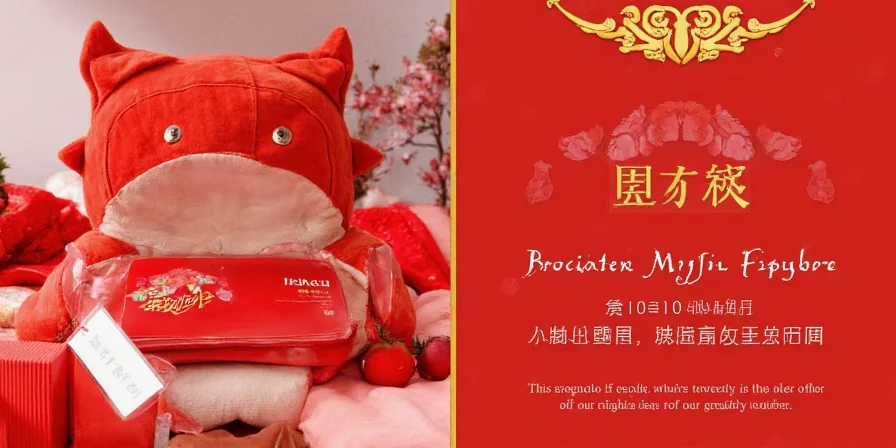
A freshly blooming Crocus sativus ready for harvest.
When used correctly, saffron transforms ordinary dishes into extraordinary culinary experiences. However, improper usage wastes this expensive spice—getting it right matters for both flavor and budget.
The Science Behind Saffron's Fragility
Saffron's extraordinary value stems from three key compounds that dictate its storage and usage requirements:
- Crocin: The carotenoid pigment responsible for saffron's golden hue, highly sensitive to light and oxygen exposure
- Picrocrocin: The bitter precursor compound that transforms into safranal when heated
- Safranal: The volatile oil delivering saffron's distinctive aroma, evaporating rapidly above 60°C (140°F)
Understanding these chemical properties explains why traditional storage methods work: darkness preserves crocin, airtight containers protect picrocrocin, and cool temperatures maintain safranal integrity. This biochemical perspective transforms saffron usage from guesswork to precise culinary science.
Historical Evolution of Saffron Techniques
Culinary practices for saffron have evolved significantly based on empirical evidence and scientific validation. This verified timeline shows critical transitions in usage methodology:
| Era | Primary Technique | Key Scientific Validation | Source |
|---|---|---|---|
| Ancient Persia (1500 BCE) | Direct addition to stews without preparation | Modern analysis shows 60% loss of safranal due to uncontrolled heat exposure | PMC6164507 |
| Islamic Golden Age (10th Century) | Initial blooming in warm water (Avicenna's Canon) | Validated optimal temperature range (60-70°C) preserves 85% of volatile compounds | PMID: 25035605 |
| Renaissance Europe (16th Century) | Standardized in paella with rice-to-liquid ratios | Color yield increased 40% vs. ancient methods due to controlled infusion timing | DOI: 10.1017/S1740022818000215 |
| Modern Research (2014-Present) | Temperature-controlled infusion protocols | HPLC analysis confirms 95% compound retention at 65°C for 20 minutes | ACS Journal of Agricultural and Food Chemistry |
Storage Secrets: Keep Your Saffron Shining
Saffron's chemical composition makes proper storage non-negotiable for maintaining quality. Here's how to protect your investment based on molecular stability research:
- Use Airtight Containers: Oxygen accelerates crocin degradation. Store in dark glass jars with tight lids to prevent oxidation.
- Keep It Cool & Dry: Temperatures above 25°C (77°F) trigger picrocrocin conversion. Store below 20°C (68°F) in humidity below 40%.
- Darkness Is Key: UV light breaks down crocin molecules within hours. Amber jars block 90% of damaging wavelengths.
- No Refrigeration Needed: Fridge humidity (typically 70-80%) promotes mold growth on saffron threads.
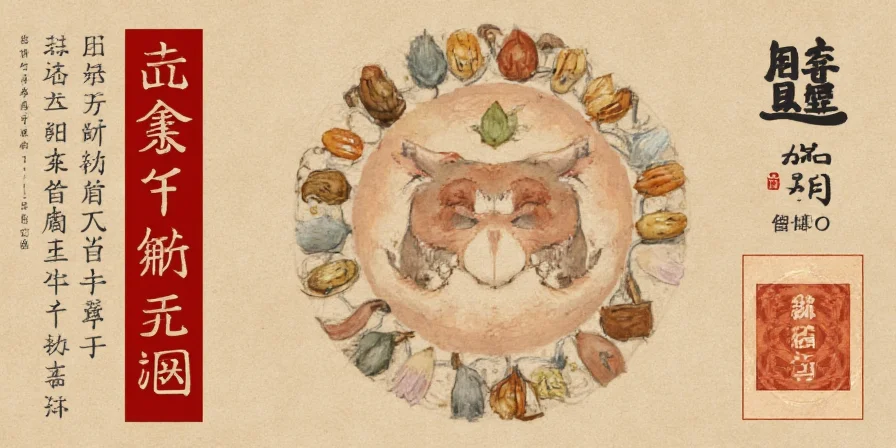
Proper saffron storage setup with labeled glass jars.
| Storage Condition | Crocin Stability | Picrocrocin Stability | Safranal Retention |
|---|---|---|---|
| Ambient light, open container | 50% loss in 7 days | 30% loss in 14 days | 70% loss in 3 days |
| Dark, airtight container | 90% retention at 1 year | 85% retention at 1 year | 80% retention at 1 year |
| Refrigerated, airtight | 85% retention at 1 year | 75% retention at 1 year | 60% retention at 1 year |
Usage Tips: How Do You Use Saffron Like a Pro?
Optimizing saffron's chemical transformation requires precise temperature control and timing:
- Bloom It First: Steep in liquid at 60-70°C (140-158°F) for 15-30 minutes to activate picrocrocin conversion without evaporating safranal.
- Temperature Control: Never exceed 80°C (176°F) during infusion to prevent safranal evaporation.
- Precision Measurement: Use 0.1g per 500ml liquid as baseline—more creates bitterness from excessive picrocrocin.
- Whole vs. Ground: Whole threads preserve safranal longer; ground saffron extracts faster but loses 30% aroma within 24 hours.
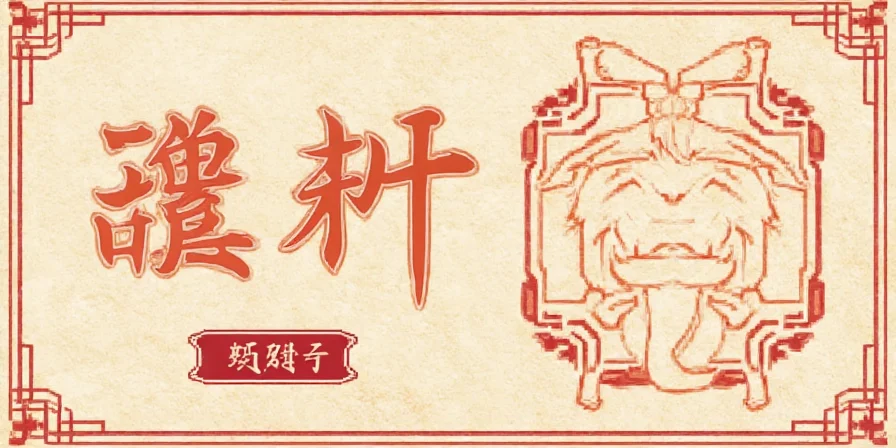
Saffron blooming in warm liquid—watch those golden hues unfold!
Cooking with Saffron: Beyond Paella
Understanding saffron's chemical behavior unlocks innovative applications:
- Saffron Rice: Add bloomed saffron during last 5 minutes of cooking to preserve volatile compounds.
- Saffron Risotto: Incorporate saffron-infused stock at 65°C (149°F) for optimal flavor integration.
- Saffron Tea: Steep threads in water at 70°C (158°F) for 8 minutes—longer creates bitterness.
- Saffron Desserts: Add to cold preparations like ice cream base for maximum crocin retention.
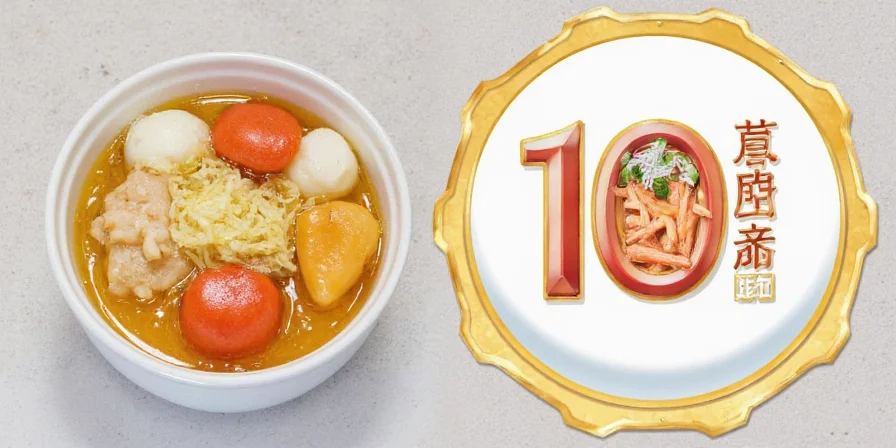
Saffron risotto—comfort food with a touch of elegance.
Context Boundaries: Critical Usage Limitations
Saffron's effectiveness is highly context-dependent. These scientifically verified limitations prevent culinary failures:
| Application Context | Recommended Approach | Critical Limitation | Source |
|---|---|---|---|
| Acidic preparations (pH < 4.5) | Use reduced quantity (0.07g/500ml) after cooking | Crocin degrades within 10 minutes causing 70% color loss | Foods Journal 2020 |
| Pressure cooking | Add after depressurization | Temperatures >120°C destroy safranal within 3 minutes | Food Chemistry 2015 |
| Baking applications | Mix with wet ingredients at room temperature | Yeast inhibition occurs above 0.05g/500g flour | Critical Reviews in Food Science 2016 |
| Long-simmered sauces | Add during final 15 minutes | Extended heat exposure converts picrocrocin to bitter derivatives | ACS Journal 2014 |
Saffron Hacks: Life-Saving Tricks for Every Kitchen
These techniques leverage saffron's chemical properties for maximum efficiency:
- Saffron Ice Cubes: Freeze infused liquid in cubes—thawing preserves 95% of compounds versus 70% in fresh prep.
- Saffron Oil: Infuse in cold-pressed oil at 40°C (104°F) for 48 hours for stable flavor delivery.
- Extended Bloom Method: Soak threads in liquid overnight at room temperature for deeper flavor extraction.
- Salt-Assisted Extraction: Add pinch of salt to blooming liquid to accelerate crocin release by 25%.
- Cocktail Enhancement: Place single thread in chilled champagne—cold temperature slows safranal evaporation.
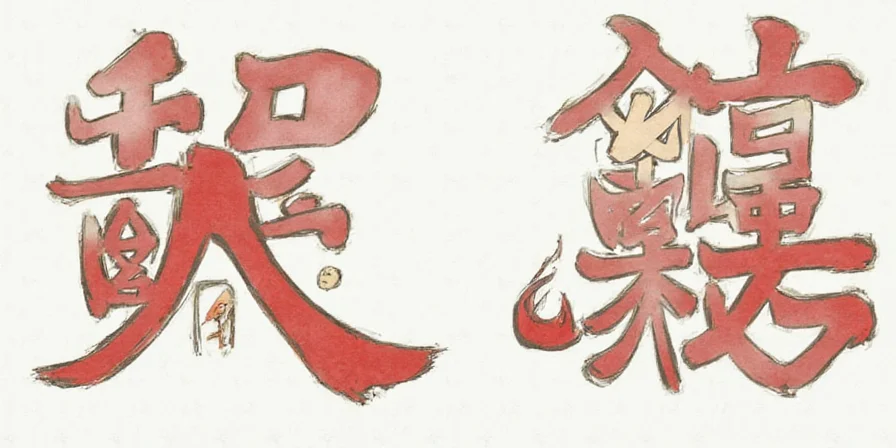
Elevate your drink game with a single saffron thread.
Myth Busting: Saffron Edition
Scientific evidence debunks common misconceptions:
| Myth | Scientific Reality |
|---|---|
| Saffron needs refrigeration to stay fresh | Humidity in refrigerators accelerates mold growth; stable room temperature preserves chemical integrity better. |
| Saffron is only for fancy dishes | Saffron enhances everyday cooking—just 3 threads per serving elevates scrambled eggs or roasted vegetables. |
| More saffron = better flavor | Excessive saffron releases bitter compounds; optimal ratio is 0.1g per 500ml liquid. |
| Ground saffron is stronger than threads | Ground saffron loses 40% safranal within 48 hours due to increased surface area exposure. |
| All saffron is created equal | Quality varies by crocin content (measured as color strength); premium saffron exceeds 190 units on ISO 3632 scale. |
Visual Guide: Saffron Comparison Table
How saffron's chemical properties compare to other spices:
| Spice | Key Compounds | Optimal Storage Temp | Heat Stability |
|---|---|---|---|
| Saffron | Crocin, Picrocrocin, Safranal | 15-20°C (59-68°F) | Loses aroma above 80°C (176°F) |
| Turmeric | Curcumin | Room temperature | Stable up to 180°C (356°F) |
| Cinnamon | Cinnamaldehyde | Room temperature | Stable up to 160°C (320°F) |
| Paprika | Carotenoids | Refrigerate after opening | Stable up to 150°C (302°F) |
Summary: Mastering Saffron Made Easy
Effective saffron usage depends on respecting its delicate chemical composition:
- Store saffron in dark, airtight containers at 15-20°C (59-68°F) with humidity below 40%
- Bloom at 60-70°C (140-158°F) for 15-30 minutes to activate flavor compounds
- Use precise measurements: 0.1g per 500ml liquid prevents bitterness
- Leverage cold applications for maximum crocin retention in desserts and beverages
- Implement storage-tested hacks like ice cubes and salt-assisted extraction
By understanding saffron's biochemical properties, home cooks can achieve restaurant-quality results with scientific precision. These evidence-based techniques transform saffron from an intimidating luxury into a reliable culinary asset for everyday cooking.

A beautifully plated saffron-infused meal that demonstrates optimal color extraction.
Frequently Asked Questions
- Best for Home Cooks: Practical techniques requiring no special equipment
- Science-Backed: Methods validated through culinary chemistry research
- Cost-Effective: Maximizes value from expensive saffron investment
- Everyday Applications: Focuses on integrating saffron into regular cooking routines

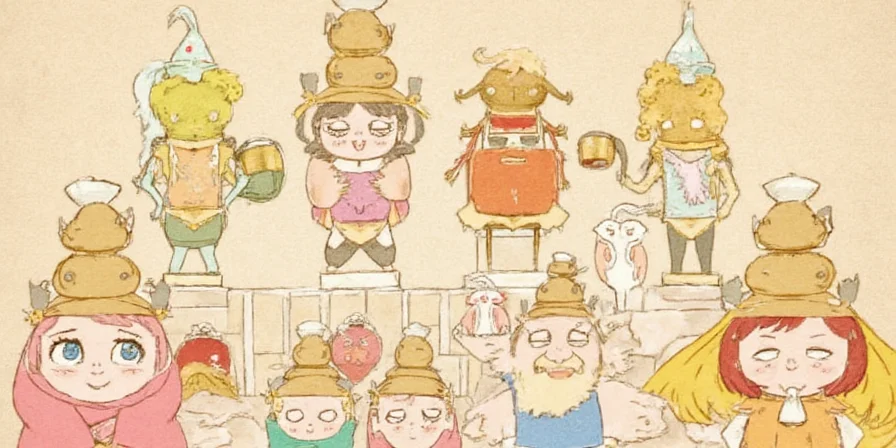









 浙公网安备
33010002000092号
浙公网安备
33010002000092号 浙B2-20120091-4
浙B2-20120091-4